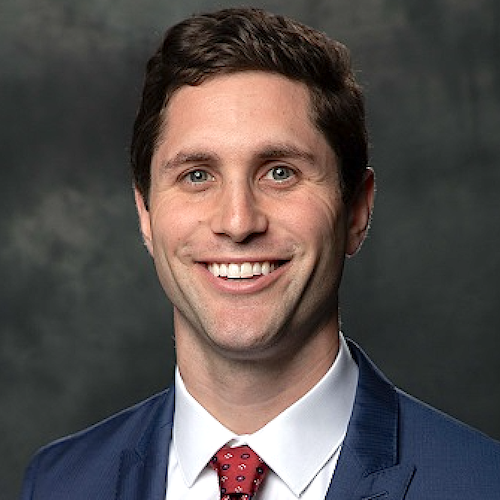
Senior living associations in Pennsylvania are lobbying legislators for $54 million for assisted living and personal care providers from the American Rescue Plan stimulus funding to the state.
The ask is part of an overall pitch for $450 million from the Keystone State’s federal stimulus funding to offset pandemic-related costs for long-term care providers, including $396 million for nursing homes.
Testifying before the state Senate Aging & Youth Committee earlier this week, Pennsylvania Assisted Living Association Executive Director Margie Zelenak said that assisted living and personal care homes were overlooked throughout the pandemic, whereas nursing homes received most of the attention and relief funding.
Anne Henry, senior vice president and chief government affairs officer for LeadingAge PA, testified that the general public is fatigued by the pandemic and weary of the restrictions, but “it’s not over for senior services providers and the people they serve.”
Zach Shamberg, president and CEO of the Pennsylvania Health Care Association, testified that 2021 could be an “even tougher year” for long-term care. Providers are finding it more difficult to maintain operations, he said, and confusing, duplicative and contradictory regulations risk giving paperwork precedence over residents and patients. And providers, Shamberg added, “face a grave vulnerability” due to the threat of opportunistic lawsuits.
“As the dust begins to settle from the pandemic, those long-term care providers and workers are now left to look at what remains in their facilities — a depleted component of the healthcare continuum in need of critical, emergency funding; prioritized workforce initiatives; regulatory support; and liability relief,” Shamberg testified. “The COVID-19 pandemic exacerbated, amplified and accelerated the industry’s underlying issues. It pushed the providers we represent to the brink.”
Unsustainable expenses
The latest federal stimulus package, he said, must prioritize long-term care, which he added is “at the epicenter of the pandemic.” Skyrocketing costs from personal protective equipment, testing, infection control protocols, “hero pay” and hazard pay are costs that continue today and are unsustainable, Shamberg said.
Henry said that self-insured companies are left to pick up CoVID-19 testing costs, and commercial insurance providers have deemed COVID-19 surveillance testing not medically necessary.
Many, she said, believed that vaccines would be the “silver bullet to end the pandemic.” But staff hesitancy means the likelihood of continued positive coronavirus test results, meaning continued outbreak testing and visitation suspension.
“While the broad population is giddy to return to fewer restrictions, the risk is not over and remains very real for our communities,” Henry said.
Liability protections are another challenge, as providers face premium increases of 100% to 300%, she said, noting that many insurance renewals also contain COVID-related or infectious pathogen exclusions.
“Uncompensated costs are causing quality providers to sell or close their doors, while others have been forced to cut other benevolent service lines, like family counseling, financial planning and mental health supports for low-income individuals in their communities,” Henry said.
Workforce
Workforce issues may be the single largest challenge to providers’ ability to “continue to offer the best care at the capacity they are designed to serve,” Henry said.
“This procession has been historically undervalued and underappreciated for the close and intimate care they provide,” she said. “Unfortunately, the pandemic has offered a megaphone to those already poised with negative perceptions toward our senior services providers.
“Trumpeting negative images while ignoring the thousands of lives protected within long-term care hamstrings our members’ ability to attract workforce.”
Zelenak added that providers are struggling to hire and keep employees, competing with fast food franchises offering $500 signing bonuses.
“This American Rescue Plan is not about success — it’s about survival,” Shamberg said, adding that exhaustion, fatigue and burnout is leading to a mass exodus of “healthcare heroes.” “We must reconstruct a new long-term care workforce pipeline, fortify our existing workforce, and ensure providers can invest in the men and women on the frontline with better wages, benefits and incentives.”




